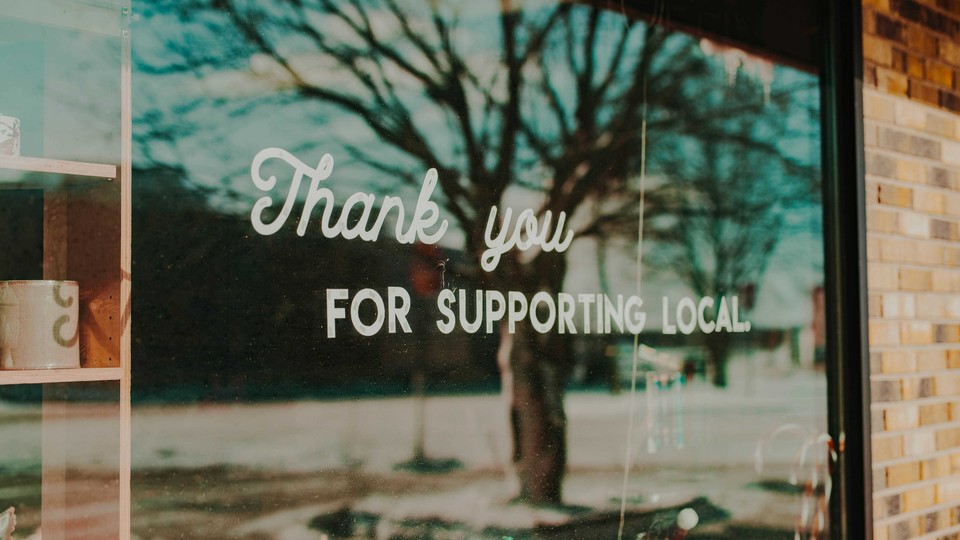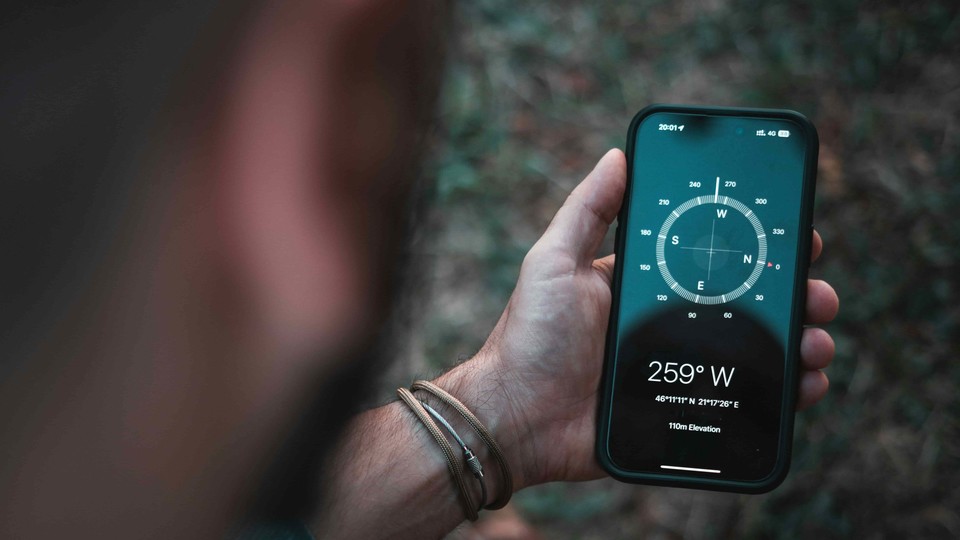
The Survey Effect
Customers who complete surveys are more likely to buy the same product or service again.
Based on research by Utpal Dholakia, Robert A. Westbrook and Siddharth S. Singh
Customers who complete surveys are more likely to buy the same product or service again.
- Surveys do more than record data about customer opinions. They can also work as marketing tools to sway future behavior.
- Regardless of how they originally felt about a product or service, customers who fill out satisfaction surveys are less likely to buy the same product or service in the short run than customers who haven’t taken a survey.
- In the medium and long runs, though, the customers who complete surveys are more likely to buy the same product or service again.
Maybe you’re wiggling your toes in the sand by your Maui hotel. Perhaps you’re buying a new app for your phone. Or possibly you’re just getting your oil changed at an auto repair chain. Almost inevitably, you’ll soon get a customer satisfaction survey asking you to rate whatever it was that you paid for.
These surveys all share a secret. While your hotel or mechanic is mainly interested in your feedback, the very act of taking a customer satisfaction survey also influences how you feel about a product or service — and the degree to which you will continue using it. Surveys, in other words, not only help companies improve their goods and services. They also have a little-known effect as marketing tools.
The human dynamic that surveys set in motion is called question-behavior effect, or QBE. If you answer positively in a survey, research shows, your answers do more than simply reflect your views. They also influence how you will feel about that company or product in the future. Nobody knows for sure why QBE happens. It’s clear, though, that simply by answering surveys, customers not only provide information about their past experience with a product, but also predict their future relationship with it.
Rice Business professors Utpal M. Dholakia and Robert A. Westbrook joined Siddharth S. Singh of the Indian School of Business to lift the veil from this question-behavior effect over the passage of the time. Do specific responses, they wondered, predict specific customer behavior over the long term? Do positive responses accelerate future purchases? Delay them? Do nothing?
Existing research on QBE offered the researchers a jumping off point. According to some studies, the satisfaction of writing a positive survey response creates a desire to buy more of a product. According to other research, taking part in surveys helps consumers tap into their own previously unexamined intentions. Once accessed, these wishes push them to buy again.
Dholakia, Westbrook and Singh wanted to test whether survey experiences affect customers over weeks and months. After all, if a purchased product leaves a consumer satisfied, presumably she won’t want to replace it anytime soon. Perhaps, the researchers hypothesized, responding to a survey simply delays a consumer’s desire to purchase the same item again.
To find out, they assembled a random sample of 5,225 customers who had completed a customer satisfaction survey from a large car repair company. Then they compared these customers answers to a second random sample of 6,148 customers who had used the same company but not been invited to take the survey.
The consumers who took the survey, the researchers found, were more likely not to put off an immediate purchase of the same service. But in the months after taking a survey, these customers were more likely to purchase again.
As time continued to pass, though, the consumers were likely to forget about their positive experiences. Four months after a purchase, customers who filled out post-experience surveys were more likely than not to recall the service they’d gotten as being positive. After more time passed, however, that positive assessment waned.
The findings are clearly useful for marketers: surveys help companies sell products, if not now, then later. But they also offer provocative lessons for consumers. Whether you’ve paid to wiggle your toes in white sand or to have an expert peer at your engine, something additional may affect your final assessment of what you paid for: the innocent customer-satisfaction quiz in your email. Within that short list of friendly questions, Dholakia, Westbrook and Singh found, is a powerful force that can spark joy, persuade you to buy or even alter your memory about how you felt.
Utpal M. Dholakia is the George R. Brown Professor of Marketing at Jones Graduate School of Business at Rice University.
Robert A. Westbrook is the William Alexander Kirkland Professor of Business at Jones Graduate School of Business at Rice University.
To learn more, please see: Dholakia, U. M, Singh, S. S., & Westbrook R. A. (2010). Understanding the effects of post-service experience surveys on delay and acceleration of customer purchasing behavior: Evidence from the automotive services industry. Journal of Service Research, 13(4), 362-378.
Never Miss A Story


